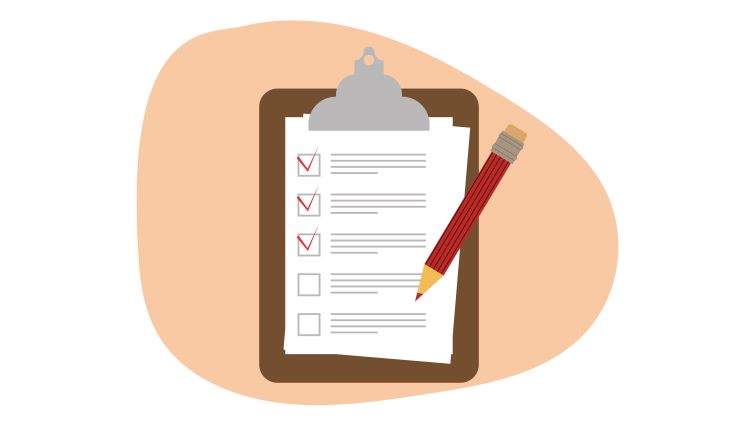Publié le 2 November 2023
Don’t deny yourself a potential opportunity, when instead you can learn how to apply for a job when you’re not a perfect fit.
When scrolling through job descriptions, it’s rare to find one that perfectly aligns with your CV and specific skill set – at least for roles that’ll be a forward move in your career. However, this shouldn’t deter you from applying to those aspirational roles. Pushing yourself out of your comfort zone is a great opportunity for growth, both professionally and personally.
Often, it can be easy to read a job description and immediately rule yourself out of the running. This is especially true for female candidates, with research showing that women apply to fewer jobs than men, and are less likely to apply if they don’t meet almost 100% of the required qualifications.
Even if you do end up applying, your lack of confidence may reflect subconsciously in your application, meaning you don’t show yourself in the best possible light. Luckily, there are many things you can do to learn how to apply for a job when you’re not a perfect fit for a role.
Focus on the skills you do have
Lots of us find it difficult to talk ourselves up on a CV or at a job interview. Particularly if we feel underqualified for a role, or have been out of the workforce for a while, a sense of imposter syndrome may lead you to selling yourself short. But it’s important not to focus on the negatives, and instead concentrate on highlighting the skills that you do have and are relevant to the role.
As an experienced professional, you will have acquired an entire arsenal of skills that you will be able to call upon. Even if you’ve never worked in a similar role or even the same industry before, draw on the transferable skills you would have picked up across the course of your career, and demonstrate how these can be applied in the role. Doing this yourself in your resume and job application rather than leaving it to the hiring manager will make you stand out to recruiters.
As long as you’re being honest about your abilities, and aren’t making anything up, you should be proud of everything on your CV, no matter how small it may seem.
Address any gaps in your CV
A gap in your employment history can make you think that you’re not a perfect fit for a job role. When talking about gaps in your CV, this could refer to either breaks in your employment history and/or skills gaps that may need filling. If you have taken a career break, it may seem like the best approach is to brush over it. But in this situation, it’s always best to directly address this aspect of your CV – it shows honesty.
Whilst you don’t necessarily have to explain the personal circumstances that might’ve led to a gap in your career, it can be helpful to provide the interviewer with some context. Otherwise, they may be concerned that your previous employment came to an unexpected end.
For instance, if you have taken some time away from work to take care of your family, it might be worth disclosing this information. It may even spark a connection and talking point with the interviewer, and paint a better picture of you as a person, not just a name on a job application. And even if you weren’t in a professional role at this time, you can always discuss any other means of personal or professional development you engaged with, such as any learning opportunities you took part in.
Additionally, consider how you plan to address any skills gaps through courses, committed upskilling or any other means, to demonstrate you can be responsible for your own progression and development. Even a short online course can show intent to learn and an awareness of the skills that are needed for the industry you’re applying for.
Come equipped with strong references
References and recommendations are a key part of the recruitment process for many businesses. They can offer employers an insight into your capabilities and work ethic, and help to reinforce any of the skills and experiences you have discussed in your application.
Especially if you’re a little concerned about not being a perfect fit for the role, it’s important that you take the time to carefully consider who you want to approach for a reference. As an experienced professional, it’s likely that you will have several people to call upon as part of your network, so think about which former employer would give you the best chance to stand out to recruiters with their reference. This is especially important if you feel that you don’t meet all of the required qualifications – a strong recommendation from a colleague, manager, or mentor can encourage the hiring manager to take a chance on you.
Be confident
It’s easy to look at a job description and only notice all of the places where you don’t have the right skills. Try and turn this around and look at what your unique experience can bring to the role instead. If you’re struggling, ask a friend or family member to help you – an outsider’s view can help you see how to frame your skills in the best way possible. When you learn how to apply for a job when you’re not a perfect fit, you’ll open yourself up to a whole new world of exciting career opportunities. This way, you’ll be fully prepared when you hopefully get a call for that coveted job interview.

